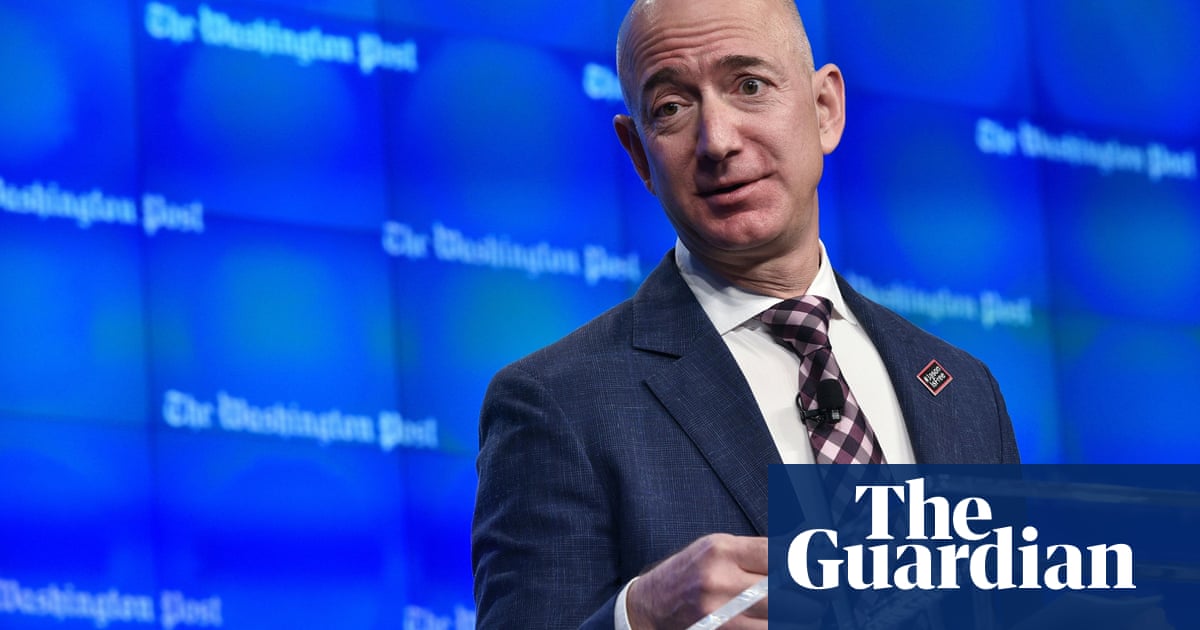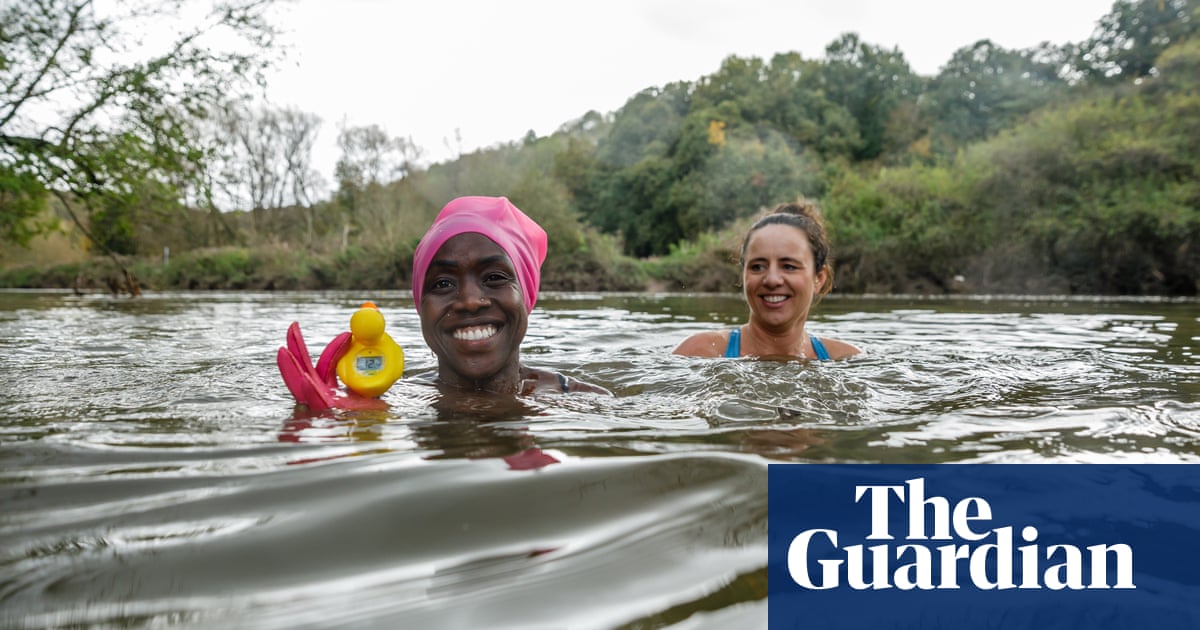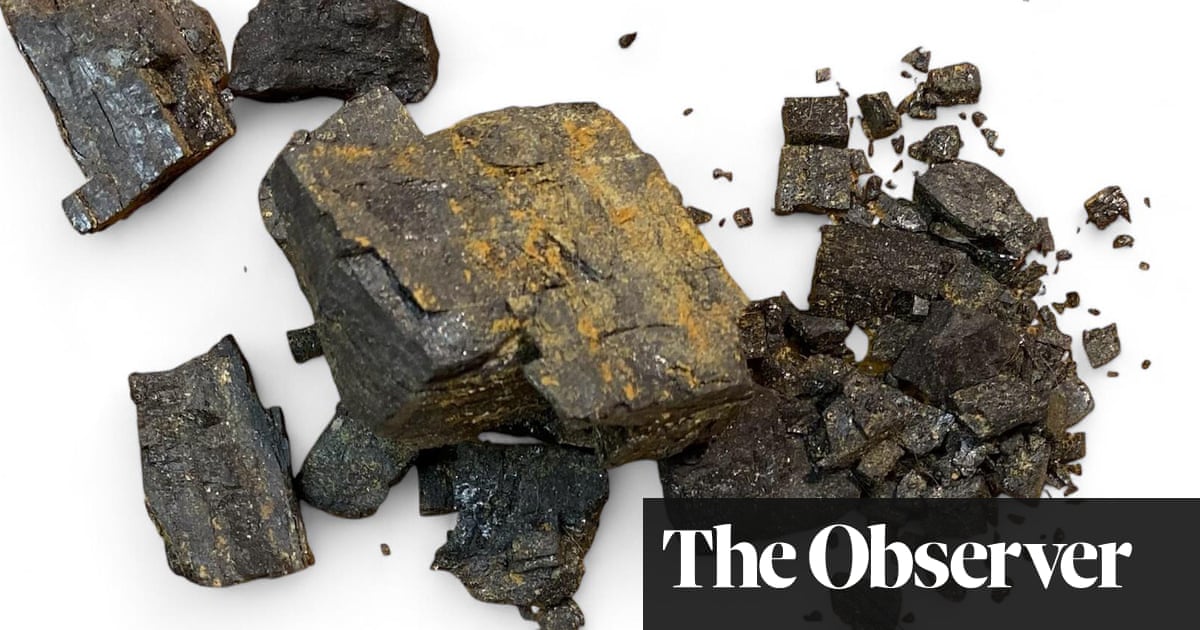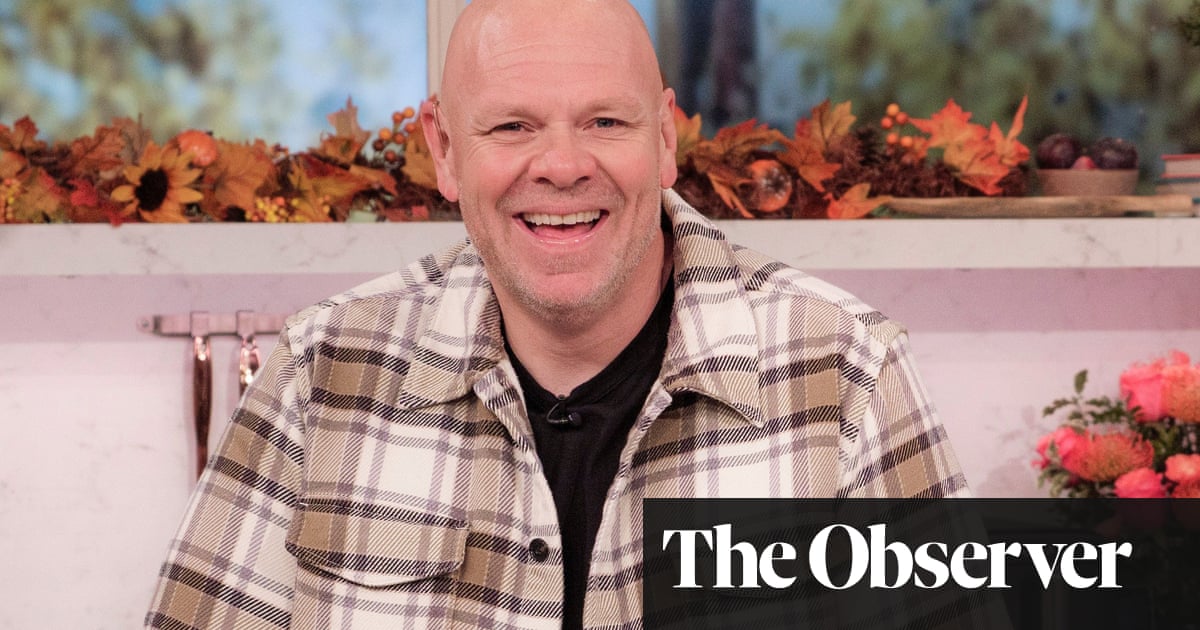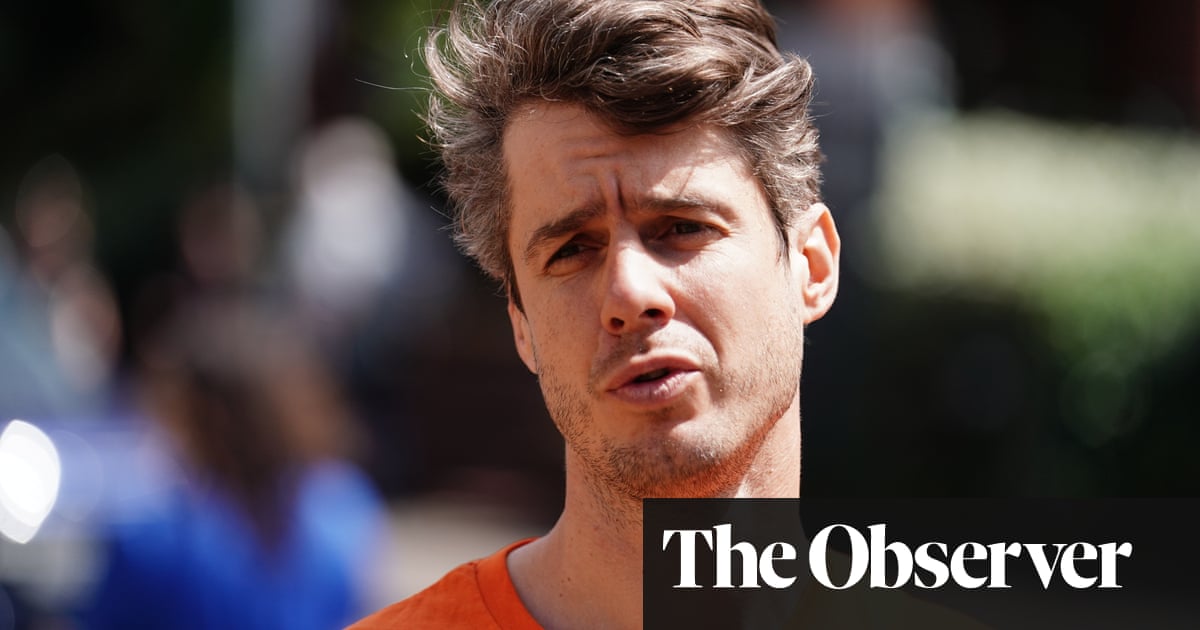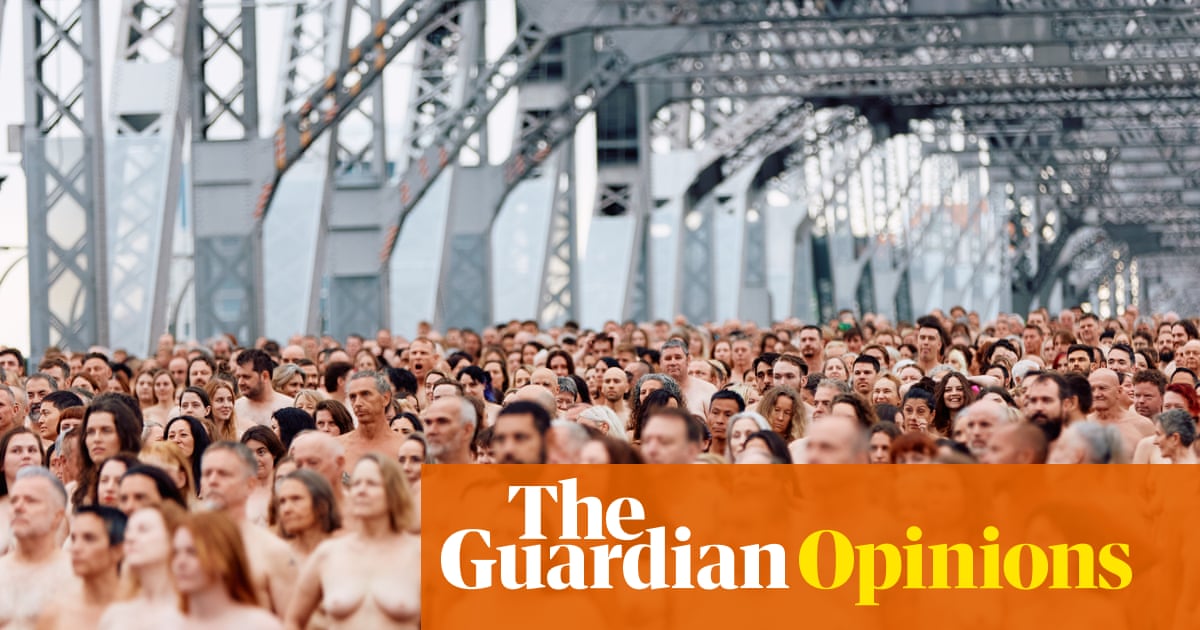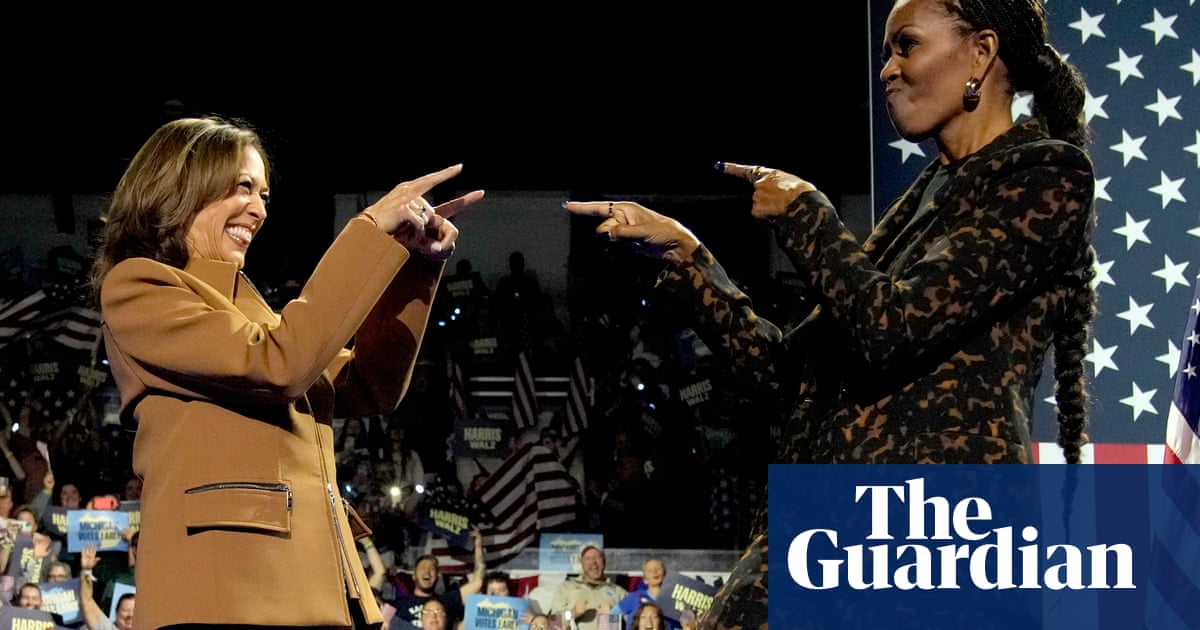The multi-billionaire owner of the Washington Post, Jeff Bezos, continued facing criticism throughout the weekend because executives from his aerospace company met with Donald Trump on the same day the newspaper prevented its editorial team from publishing an endorsement of his opponent in the US presidential election.
Senior news and opinion leaders at the Washington Post flew to Miami in late September 2024 to meet with Bezos, who had reservations about the paper issuing an endorsement in the 5 November election, the New York Times reported.
Amazon and the space exploration company Blue Origin are among Bezos-owned business that still compete for lucrative federal government contracts.
And the Post on Friday announced it would not endorse a candidate in the 5 November election after its editorial board had already drafted its endorsement of Kamala Harris.
Fridayâs announcement did not mention Amazon or Blue Origin. But within hours, high-ranking officials of the latter company briefly met with Trump after a campaign speech in Austin, Texas, as the Republican nominee seeks a second presidency.
Trump met with Blue Origin chief executive officer David Limp and vice-president of government relations Megan Mitchell, the Associated Press reported.
Meanwhile, CNN reported that the Amazon CEO, Andy Jassy, had also recently reached out to speak with the former president by phone.
Those reported overtures were eviscerated by Washington Post editor-at-large and longtime columnist Robert Kagan, who resigned on Friday. On Saturday, he argued that the meeting Blue Origin executives had with Trump would not have taken place if the Post had endorsed the Democratic vice-president as it planned.
âTrump waited to make sure that Bezos did what he said he was going to do â and then met with the Blue Origin people,â Kagan told the Daily Beast on Saturday. âWhich tells us that there was an actual deal made, meaning that Bezos communicated, or through his people, communicated directly with Trump, and they set up this quid pro quo.â
The Postâs publisher Will Lewis, hired by Bezos in January, defended the paperâs owner by claiming the decision to spike the Harris endorsement was his. But that has done little to defuse criticism from within the newspaperâs ranks as well as the wave of subscription cancelations that has met the institution.
Eighteen opinion columnists at the Washington Post signed a dissenting column against the decision, calling it âa terrible mistakeâ. The paper has already made endorsements this election cycle, including in a US senate seat race in Maryland. The Washington Post endorsed Hillary Clinton when Trump won the presidency in 2016. It endorsed Joe Biden when Trump lost in 2020, despite Trumpâs pledges to retaliate against anyone who opposed him.
In their criticism of the Postâs decision on Friday, former and current employees cite the dangers to democracy posed by Trump, who has openly expressed his admiration for authoritarian rule amid his appeals for voters to return him to office.
The former Washington Post journalists Carl Bernstein and Bob Woodward, who broke the Watergate story, called the decision âdisappointing, especially this late in the electoral processâ.
The former Washington Post executive editor Marty Baron said in a post on X, âThis is cowardice with democracy as its casualtyâ.
The cartoon team at the paper published a dark formless image protesting against the non-endorsement decision, playing on the âdemocracy dies in darknessâ slogan that the Post adopted in 2017, five years after its purchase by Bezos.
High-profile readers, including author bestselling author Stephen King as well as former congresswoman and vocal Trump critic Liz Cheney, announced the cancellation of their Washington Post subscriptions with many others in protest.
The Postâs non-endorsement came shortly after the billionaire owner of the Los Angeles Times, Patrick Soon-Shiong, refused to allow the editorial board publish an endorsement of Harris.
Many pointed out how the stances from the Post and the LA Times seems to fit the definition of âanticipatory obedienceâ as spelled out in On Tyranny, Tim Snyderâs bestselling guide to authoritarianism. Snyder defines the term as âgiving over your power to the aspiring authoritarianâ before the authoritarian is in position to compel that handover.
Bezos is the second wealthiest person in the world behind Elon Musk, who has become a prominent supporter of Trumpâs campaign for a second presidency. He bought the Washington Post in 2013 for $250m.
In 2021, Bezos stepped down as CEO of Amazon, claiming during a podcast interview that he intended to devote more time to Blue Origin.
The New York Times reported Bezos had begun to get more involved in the paper in 2023 as it faced significant financial losses, a stream of employee departures and low morale.
His pick of Lewis as publisher in January seemingly did little to help morale at the paper. Employees and devotees of the paper were worried that Lewis was brought on to the Post despite allegations that he âfraudulently obtained phone and company records in newspaper articlesâ as a journalist in London, as the New York Times reported.
Nonetheless, in a memo to newsroom leaders in June 2024, Bezos wrote, âThe journalistic standards and ethics at the Post will not change.â
